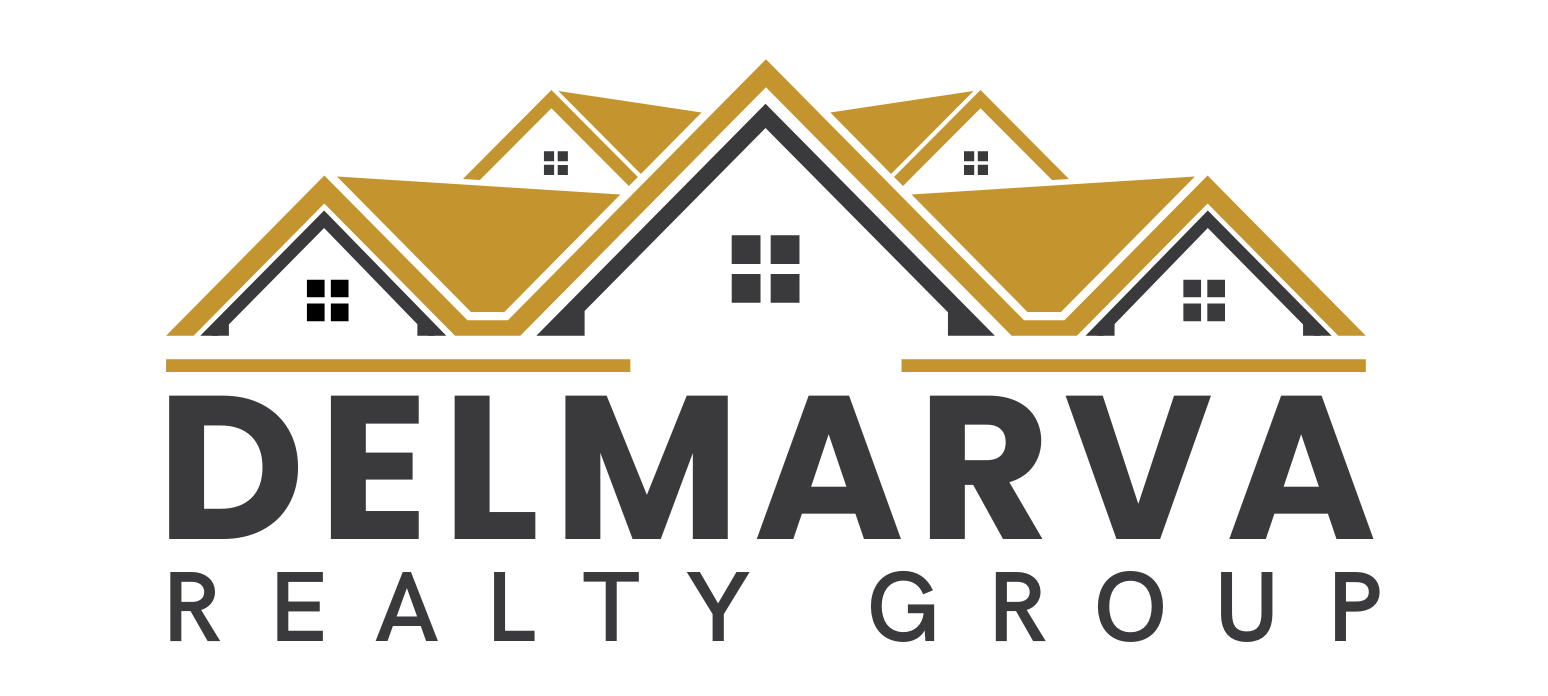Buying your first home is one of life’s biggest milestones — exciting, emotional, and yes, a little overwhelming. Between mortgages, inspections, and closing costs, there’s a lot to learn before you sign on the dotted line.
The good news? With the right knowledge and preparation, you can navigate the process with confidence and avoid common first-time buyer mistakes.
Here’s your complete first-time homebuyer guide, packed with everything you need to know before buying your first home.
1. Check Your Financial Health
Before you start house hunting, take a close look at your finances.
You’ll need a clear understanding of what you can afford — not just the home price, but the long-term costs of ownership.
Start by reviewing:
- Credit score: A higher score can mean better mortgage rates.
- Debt-to-income ratio (DTI): Lenders typically prefer it under 43%.
- Savings: You’ll need funds for a down payment, closing costs, and a financial cushion for repairs or emergencies.
Tip: Aim to pay down debt and avoid new credit accounts in the months leading up to your purchase.
2. Determine How Much You Can Afford
It’s easy to fall in love with a home outside your budget. Before browsing listings, get pre-approved for a mortgage — it’ll show you how much a lender is willing to finance.
Consider the full picture:
- Monthly mortgage payments
- Property taxes and insurance
- Utilities, maintenance, and HOA fees
Use an online mortgage calculator to estimate your monthly payment and identify your comfort zone.
3. Explore Loan Options and Programs
First-time buyers have access to a variety of loan programs that make homeownership more affordable.
Common options include:
- FHA loans: Lower down payments (as little as 3.5%)
- VA loans: No down payment for eligible veterans and service members
- USDA loans: Zero down payment for qualifying rural properties
- Conventional loans: Competitive rates for buyers with strong credit
Ask your lender about first-time buyer incentives or local grants — these can save you thousands.
4. Find the Right Real Estate Agent
A knowledgeable agent is your best ally as a first-time buyer.
They’ll help you:
- Identify neighborhoods that fit your lifestyle and budget
- Negotiate the best price and terms
- Navigate inspections, appraisals, and closing paperwork
Look for an agent with local expertise and great communication — they’ll be your guide every step of the way.
5. Start House Hunting Smart
Now comes the fun part — finding your dream home!
Keep your priorities clear and your emotions in check.
Create a must-have list:
- Number of bedrooms and bathrooms
- Location and commute time
- School districts, amenities, and neighborhood vibe
Remember: No home is perfect, so focus on what matters most to your lifestyle and long-term needs.
6. Don’t Skip the Inspection
A home inspection is crucial — it reveals potential issues that could cost you later.
Hire a certified inspector to assess the structure, roof, plumbing, electrical systems, and more.
Use the report to negotiate repairs or a price adjustment if necessary.
7. Understand Closing Costs
In addition to your down payment, you’ll need to budget for closing costs, which typically range from 2% to 5% of the home’s purchase price.
These fees cover:
- Appraisals and inspections
- Title insurance and attorney fees
- Loan origination and underwriting costs
Ask your lender for a detailed breakdown of estimated closing expenses early on.
8. Prepare for Life as a Homeowner
Once you get the keys, your responsibilities shift from tenant to owner.
Budget for ongoing maintenance, property taxes, and utilities — and consider setting aside a monthly home repair fund.
Regular upkeep protects your investment and helps your property retain its value.



